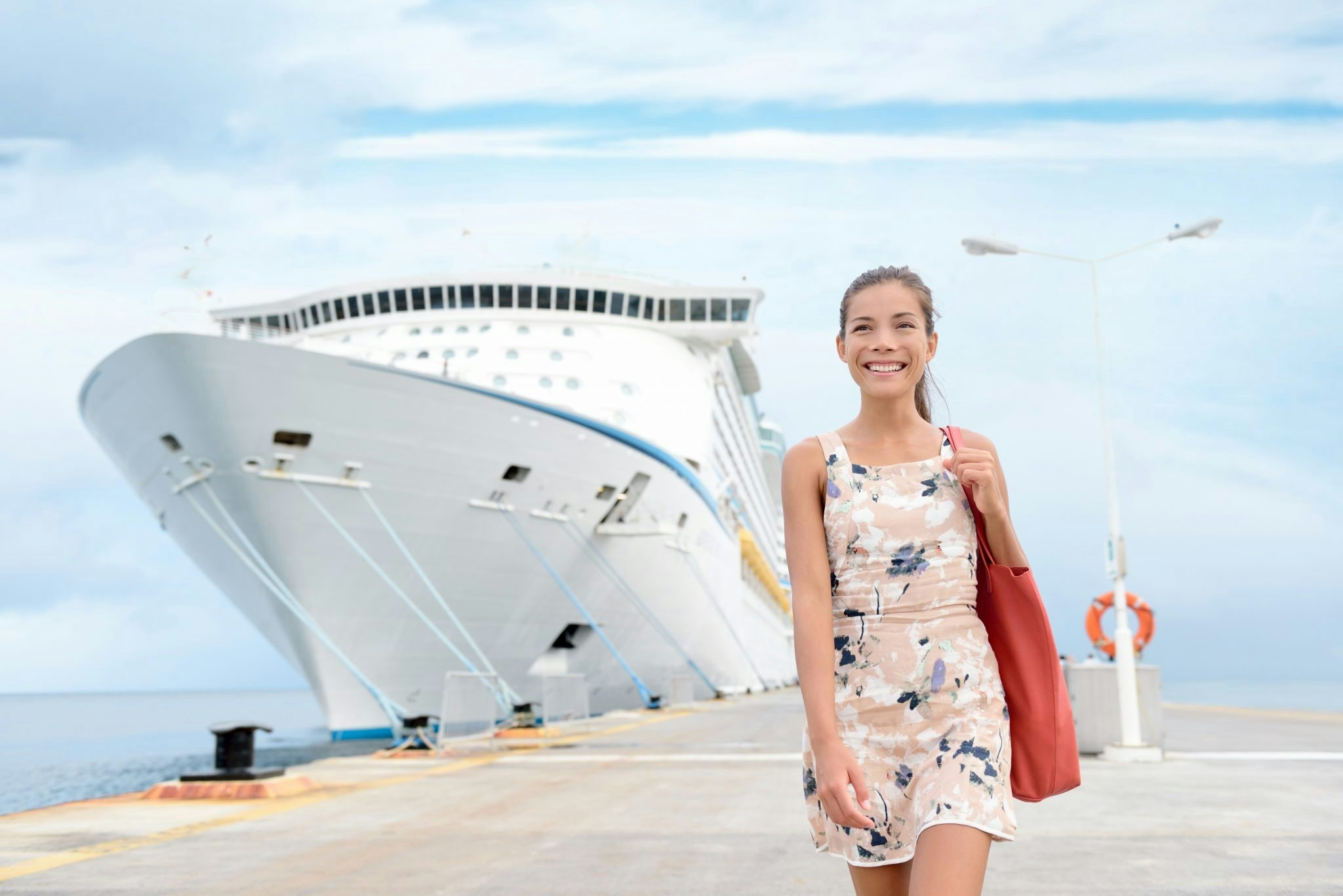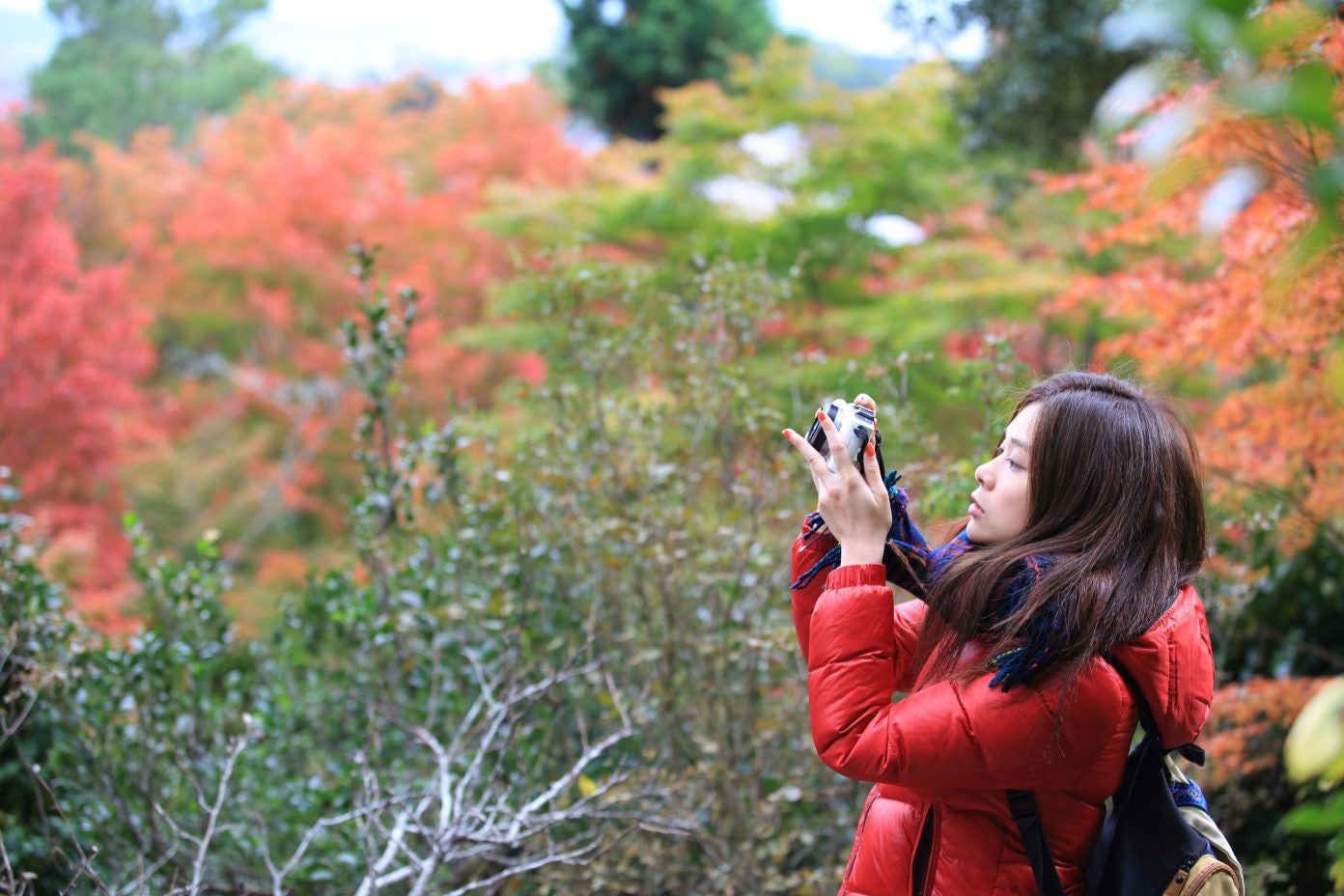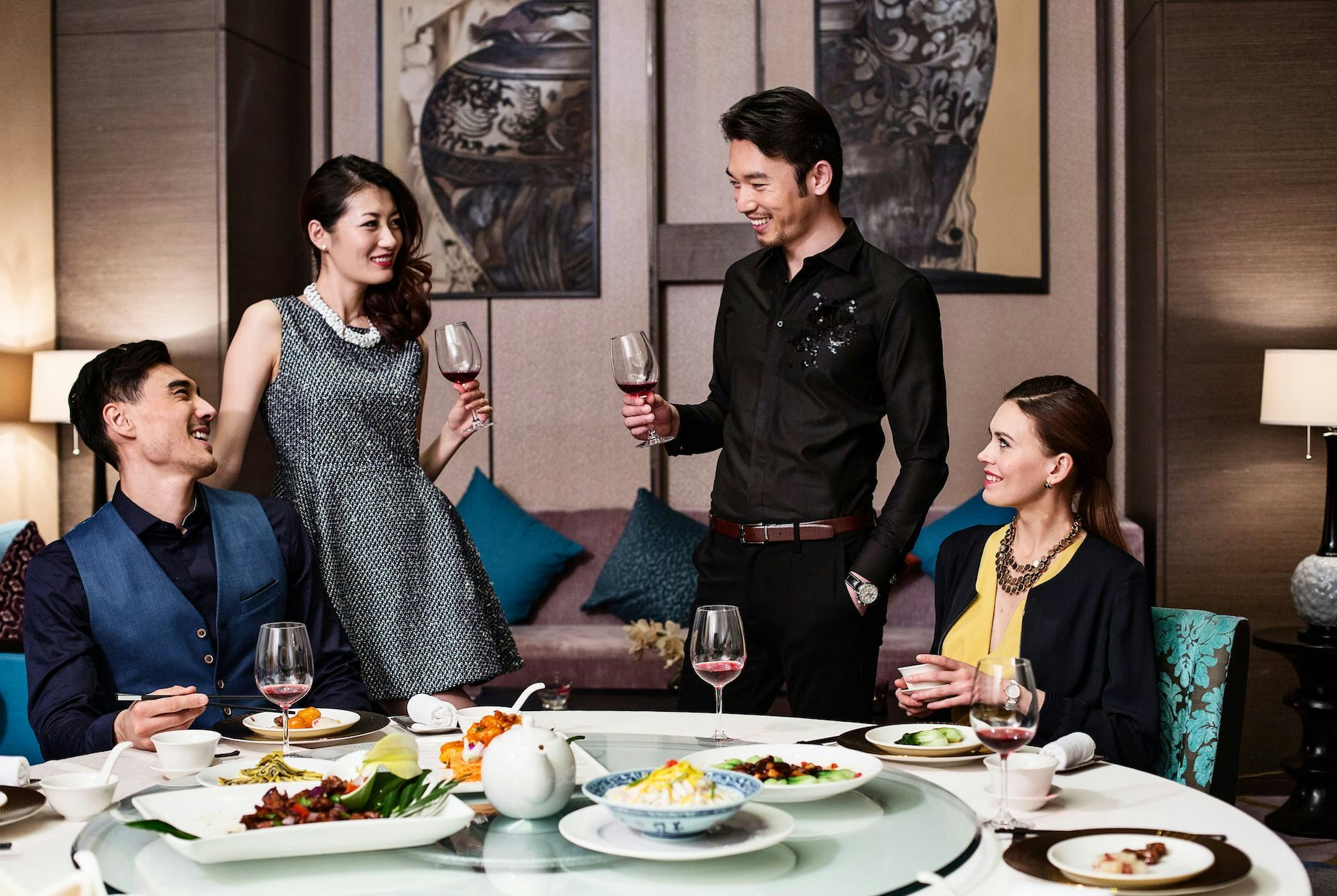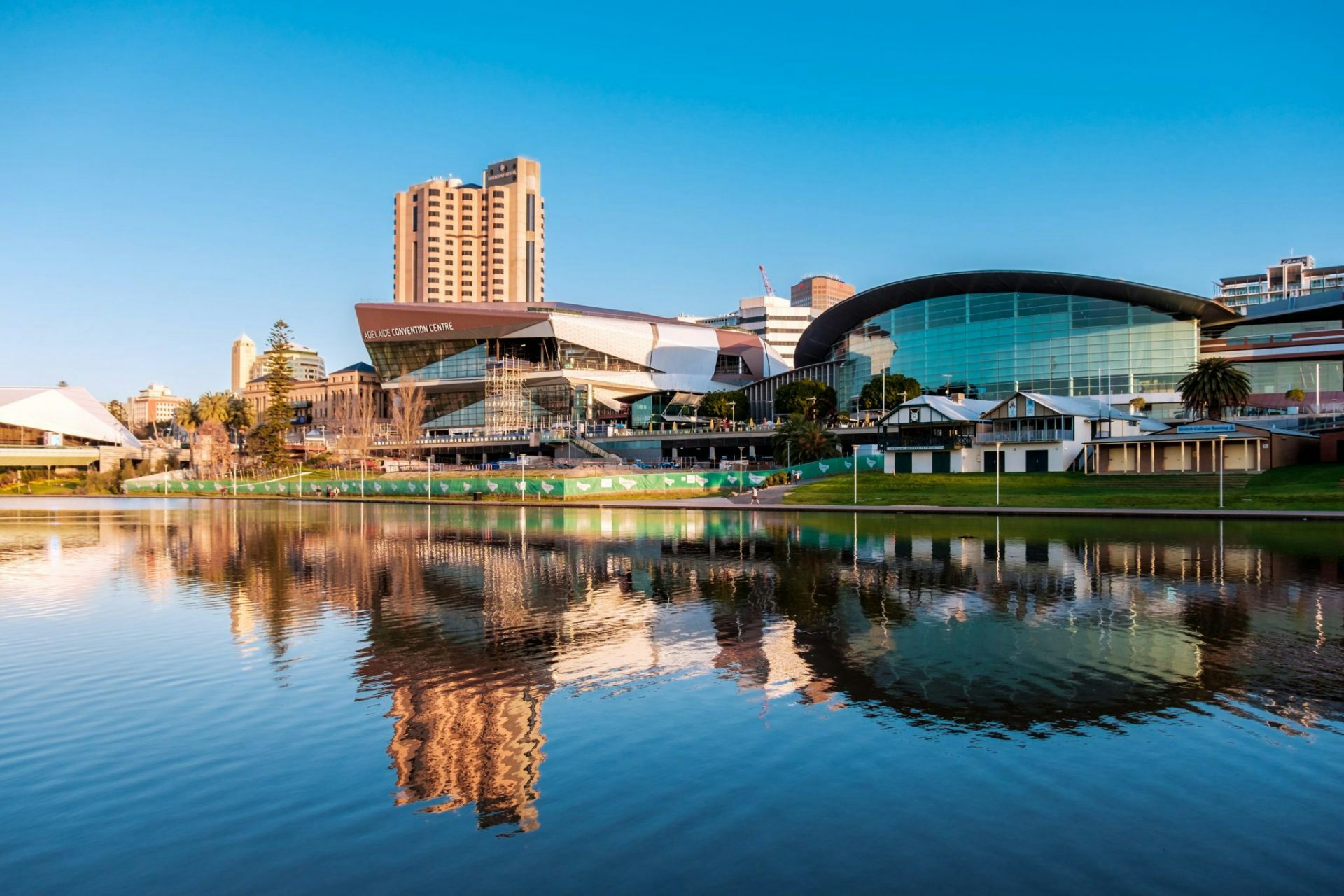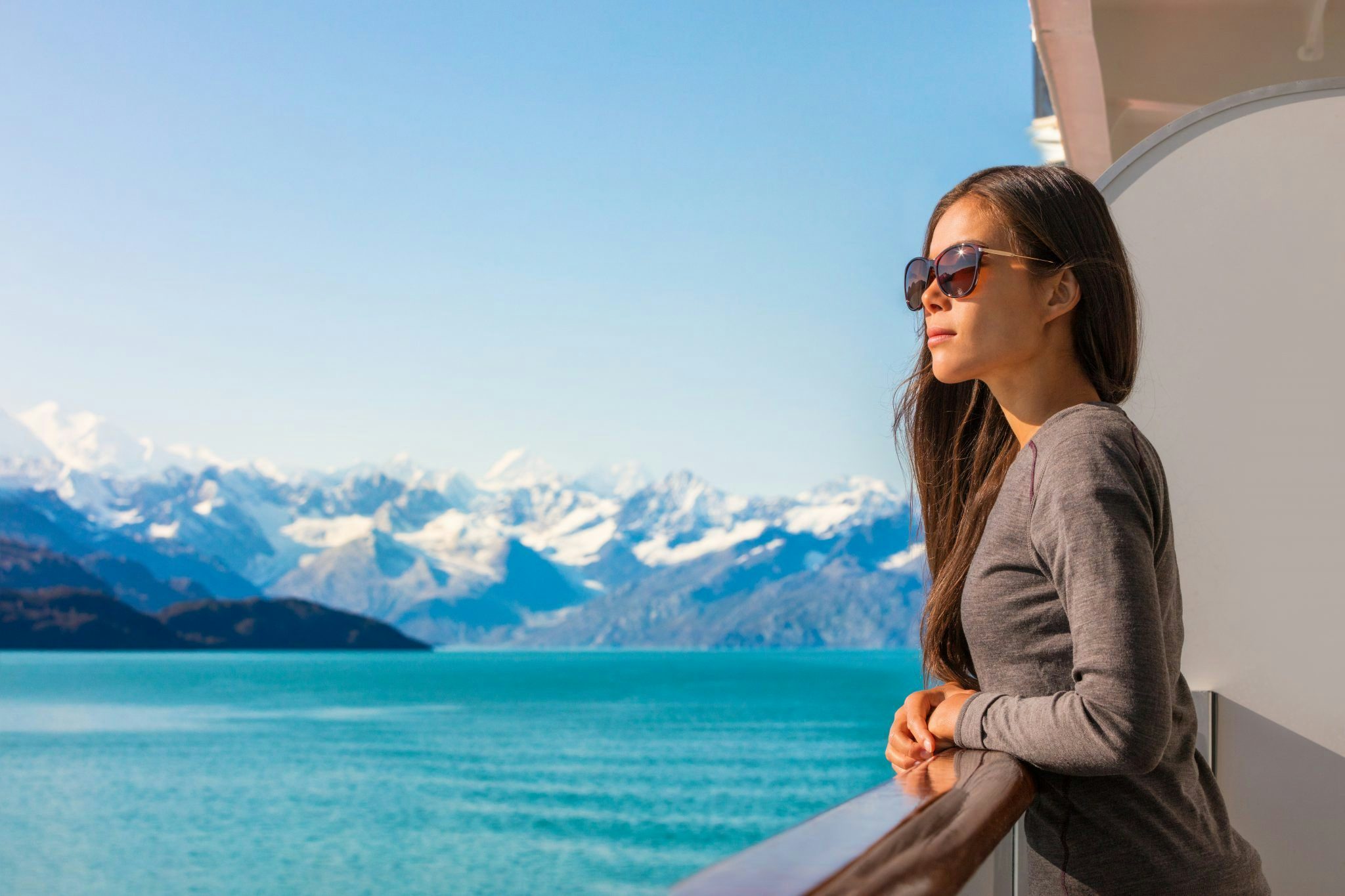Flag-following sightseers, loud groups packed on tour buses, lavish shoppers with little interest in brands’ culture and values, these have long been stereotypes of Chinese travelers. But as the Chinese tourism industry and Chinese consumers mature, an increasing number of wealthy, Chinese jet-setters are looking for individually-tailored, exotic experiences from which they can take unique memories and local knowledge home.
These high-end travelers aren’t just looking for extravagant accommodation and food. Instead, they hope to get to know local cultures and lifestyles through authentic experiences. Yang Mengyue, a publicity manager for the Chinese marketing consultancy HHTravel, pointed out in an interview that Chinese luxury consumers demand “self-fulfillment,” be it through relaxed trips or adventure travel.
Before marketers and brands can fully engage with the Chinese luxury travel market, there are certain trends that need to be understood.
Customization is the new gold standard for Chinese luxury travel#
According to Hurun’s Chinese Luxury Traveler 2017 report, luxury travel agencies are flourishing in China. More than half of high-end travelers said they had already utilized customized traveler services. This report echoes some big data-driven conclusions by the China Tourism Academy and Tuniu, a Nanjing-based travel site: as the disposable income of Chinese consumers grows, so does the demand for high-quality, customized tours.
As early as late 2016, Tuniu saw a 66 percent increase in its sales of customized travel. In contrast, when similar services were offered four years ago, few were willing to give it a try.
For example, Beijing-based luxury travel agency Luxtrip (品行之旅) has tapped into this market by providing high-end Chinese jet-setters with "theme travel" (品牌旅游) products. They range from increasingly popular adventure travel that features outdoor sporting, parenting education trips welcomed by many wealthy Chinese parents, global business trips that value efficiency, to trips that center around luxury shopping.
It should be noted that customized luxury trips do not just mean extravagant spending. Yang Ning, CEO of Luxtrip, said in an interview, “High-end is the surface. Personalized is the key.” While luxurious experiences like taking a Gulfstream G650 or going on an extravagant health and beauty tour are often an essential and exciting element, individual-tailored services are what set customized travel apart from ordinary luxury trips.
For example, Luxtrip offers one fashion shopping tour that takes travelers to Milan, Italy, where they attend three fashion shows and visit the famous Instituto Marangoni. Other available travel tours include fashion shows in Paris or private meetings with the world-famous Japanese wedding dress designer Yumi Katsura.
Zanadu, also a Beijing-based luxury travel agency, offers similar services that allow high-end travelers to choose from pre-planned luxury tours or customized travel services. Through an easy-to-navigate online tool, consumers can pick up to three themes for their trip, their preferred travel dates, duration, accommodation, and acquire the language services of a concierge.
Customized trips often unexpectedly boost luxury sales#
These trips appeal to a niche demographic in the booming Chinese luxury tourism market. Even when they are not shopping-oriented, customized tours often have the effect of boosting sales of luxury goods.
Chinese luxury travelers reportedly enjoy purchasing cosmetics (45 percent), local produce (43 percent), bags and suitcases (39 percent), clothes and accessories (37 percent), and jewelry (34 percent) while on holiday.
Chinese travelers have also demonstrated growing willingness and curiosity to learn more about the stories behind luxury brands and products.
Ying Wei, former Deputy Editor of The Moodie Davitt Report, wrote in her blog about how such stories and context can encourage purchases. When wealthy Chinese entrepreneurs met the legendary English fashion designers Paul Smith and Vivienne Westwood at Best in UK, any second thoughts about buying any of their luxury goods disappeared.
As such, investors have been taking note. Luxtrip has attracted substantial interest from investors since 2009.
Lushu (路书), a SaaS (Software as a Service) platform specially designed for customized trip planners, secured millions in Series A funding earlier this year. Lushu helps trip planners create the most efficient routes based on customers’ needs and preferences. Other startups that specialize in high-end customized trips such as Goutrip (够旅游) have also received millions in funding.
Don’t forget about smartphone apps#
In addition to resorting to experts and luxury travel agencies for trip planning, many experienced and adventurous Chinese travelers have turned to travel-centered social networks and their smartphones to create their own itineraries. Platforms such as Ctrip, Qiongyou, and Mafengwo are among the top choices for China’s rising free independent travelers.
According to a 2017 report, a majority of Chinese travelers think that smartphones and travel apps make them feel more confident and secure when planning trips.
To accommodate Chinese travelers’ needs, Qiongyou launched a mini-app called “Smart Travel Guides” (穷游智能攻略) on WeChat in late September. The location-based mini-app not only provides general information and travel plans for those who are traveling to a destination for the first time, but also offers up-to-date tips on “hidden treasures” of the destination. These “hidden treasures” include things like lesser-known points of interest, local cuisines, and unique local stores.
The Choice (选旅行), a startup specialized in customized travel, has launched a new product called Xuanxuankan (选选看). Unlike traditional travel agencies or travel-oriented social networks, Xuanxuankan asks Chinese KOLs to live-stream a customized trip to maximize user engagement.
When users watch a live-streaming session, Xuanxuankan can display related travel products to the viewers. The company already received roughly 1 million from an angel investor in June 2017.
In 2016, 122 million Chinese made outbound trips and collectively spent 261 billion worldwide. It is estimated that customized travel services will account for 20 to 30 percent of China’s outbound tourism industry in the next five years. In order to attract and retain Chinese luxury travelers, luxury brands and travel marketers need to learn how to tap into this trend of integrating cultural and shopping experiences.
